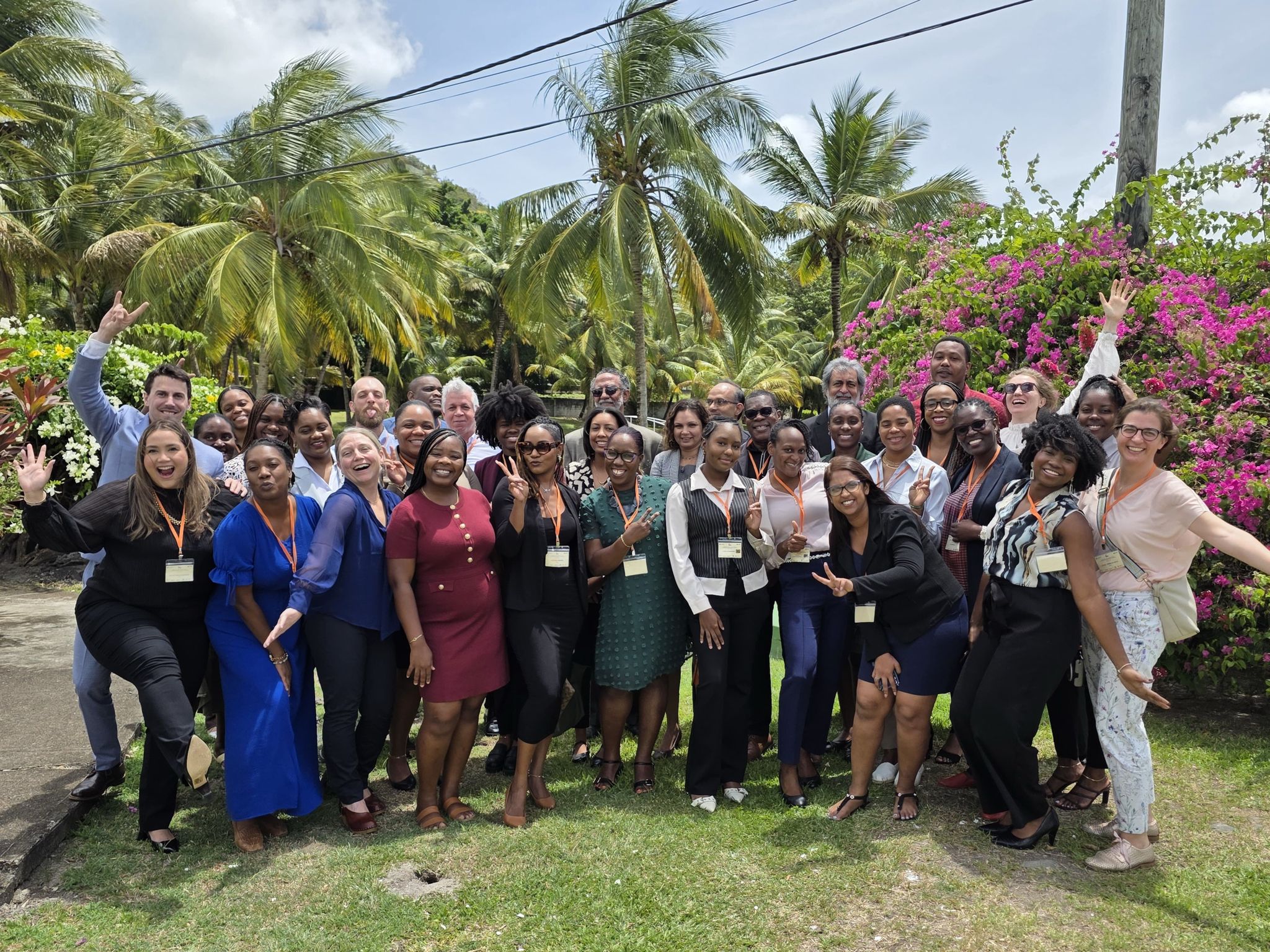
Background
The year 2024 was a key year for the Paris Agreement, as another piece of the system entered into full force: the Enhanced Transparency Framework (ETF). The ETF is a central component of the design, credibility and operation of the Paris Agreement. According to the modalities, procedures and guidelines (MPGs) of the ETF, Parties to the Paris Agreement shall submit their first Biennial Transparency Reports (BTRs) by 31 December 2024. Many countries are facing a variety of challenges which hindered a timely submission. Yet, despite this deadline passing a submission as soon as possible is still of importance as BTRs are part of a regular cycle of reporting and review, which is essential for creating trust and accountability among Parties. Finalized BTRs additionally aid the NDC Updating Cycle in 2025 and serve as a key input for the Global Stocktake that will take place in 2027.
Objective
Against this background, the Partnership on Transparency in the Paris Agreement (PATPA) in collaboration with The Capacity Building Initiative for Transparency – The Global Support Programme (CBIT-GSP), and the United Nations Framework Convention (UNFCCC) will host a Caribbean training workshop on BTR Finalization and NDC Alignment, which is intended to build on the outcomes of the PATPA Global BTR Dialogue and disseminate them among the Anglophone Caribbean Network countries.
The main objective of this workshop is to provide targeted technical support to country Parties with a space to discuss the process of developing the first BTR, provide them on tools and materials to support their prompt submission of BTRs to the UNFCCC and exchange on common technical challenges. It will support Parties, who have not yet submitted through the support of “troubleshooting sessions” and will provide a venue for those who have submitted support of “improvement planning sessions”. For all Parties, opportunities to learn and prepare for technical expert reviews (TERs) will be shared. Specifically, the workshop will be designed in a manner to:
- Provide in-depth technical advice on the application of the modalities, procedures and guidelines;
- Provide an opportunity to gain hand-on experience on the use of the UNFCCC reporting tools
- Facilitate feedback from the peers of their on-going work on different chapters of BTRs;
- Promote sharing of lessons learned and experiences, particularly in overcoming certain technical issues and challenges;
- Encourage improvement plans and prepare for TERs.
- Explore the interlinkages between the BTR and the NDC cycles.
Outcome
The proposed outcome of the workshop is twofold. First, for participating countries to get their BTRs closer to completion through peer advice and troubleshooting sessions, including a hands-on training on the UNFCCC reporting tools. Second, to help participating countries reflect on their BTR submissions, improvement plans, and preparation for TERs.
Format
The exchange combines expert inputs and interactive elements during 3 workshop days and 1 annual meeting day, within a safe and confidential space. The working language of the workshop will be English.